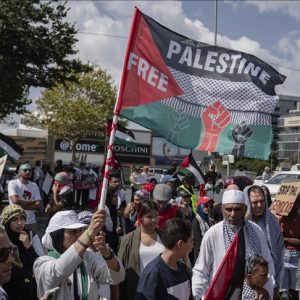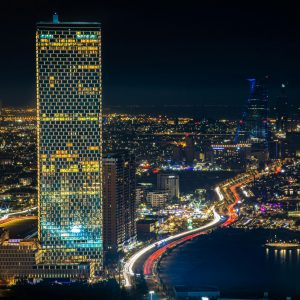China continues to repress Uyghurs abroad
MNTV News Desk – The People’s Republic of China (PRC) continues to control its citizens living abroad, particularly Uyghurs, through a combination of high- and low-tech surveillance and social pressure.
This ongoing repression has extended to the United States and other countries, where Chinese authorities intimidate both Chinese and U.S. citizens, according to John Sifton, Asia Advocacy Director at Human Rights Watch.
“They are intimidating people on our soil,” Sifton said in an interview with SIGNAL Media.
“This is not just about foreign nationals, but also U.S. citizens.”
Uyghurs, a Muslim Turkic-speaking people from Xinjiang (East Turkestan), are the primary target of Beijing’s transnational repression.
“Chinese authorities have long engaged in transnational repression—human rights abuses committed beyond a country’s borders to curtail dissent,” said Yalkun Uluyol, a China researcher at Human Rights Watch, who contributed to a recent report on the issue.
The Chinese government actively silences Uyghur activists abroad, punishing them by targeting their families still living in Xinjiang.
Many Uyghurs are coerced into silence, hoping to resume contact with their loved ones or visit the region.
“Some Uyghurs stay silent or avoid activism, including participation in cultural activities, in hopes of re-establishing ties with their families,” Uluyol explained.
Meanwhile, for those still in China, the government has imposed strict measures, severely restricting their ability to travel abroad.
Passports are arbitrarily confiscated, and Uyghurs who try to maintain contact with people outside China face imprisonment.
“The Chinese government continues to deny Uyghurs their right to leave the country, restrict their speech and associations when abroad, and punish them for having foreign ties,” the report states.
Travel permission is granted under strict conditions: travelers must avoid engaging with activists or speaking critically of the government.
In some cases, only one family member is granted permission to travel, effectively using other family members as hostages to ensure compliance.
Uyghur business travelers are often restricted to visiting select countries, such as Kazakhstan, and are prohibited from traveling to countries with large Muslim populations like Türkiye.
Upon their return, the authorities confiscate their passports, question them about their trips, and inquire about the Uyghur communities in the countries they visited.







